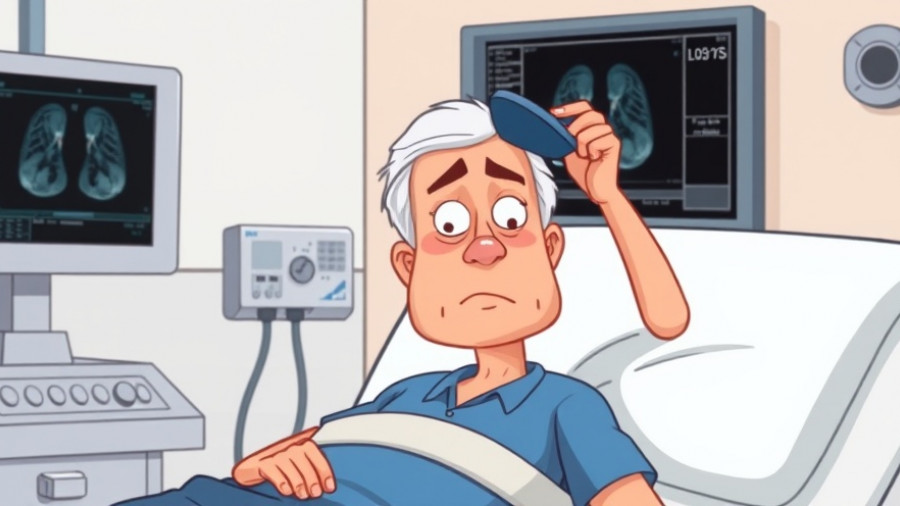
Embracing Alcohol-Free Celebrations This St. Patrick's Day
St. Patrick's Day is widely recognized for its festive spirit, often associated with drinking Irish whiskey and green beer. However, this vibrant holiday offers so much more, particularly for those who choose to celebrate without alcohol. For parents and families looking to partake in the festivities while encouraging healthy habits, here are innovative ways to enjoy St. Patrick's Day sober while creating memorable family experiences.
1. Dress in Green and Get Creative
Nothing says St. Patrick's Day quite like a dazzling display of green outfits and accessories. Instead of simply pulling on a green t-shirt, challenge your creativity by organizing a themed DIY project where each family member can contribute. From designing fun shamrock hats to tie-dying shirts, these projects not only get everyone into the spirit but foster family bonding over shared creativity. Let the kids take the lead or work together as a family to spread festive cheer.
2. Cook Traditional Irish Meals Together
Food is a fantastic way to celebrate culture, and preparing an Irish meal can be a joyful experience for families. Instead of dining at a crowded restaurant, opt for a home-cooked feast. Classic dishes like corned beef and cabbage, shepherd’s pie, and Irish soda bread offer you the chance to teach children culinary skills and history. Engage them in the cooking process by having them help with age-appropriate tasks, making it a fun learning experience while instilling important family traditions.
3. Attend a Local Celebration or Parade
Your community is likely to host a St. Patrick’s Day parade filled with vibrant floats, lively music, and performances. Attending these events allows families to enjoy the festive atmosphere while socializing in a supportive environment. For those in recovery, public festivities provide a distraction from alcohol and can inspire pride in cultural heritage. Consider gathering with other sober friends to share the experience, reinforcing support and friendship.
4. Host Your Own Sober Gathering
Bring the festivities home by hosting a sober St. Patrick’s Day party for friends and family. Get everyone involved by planning a potluck where attendees contribute Irish-themed dishes or non-alcoholic beverages, such as mocktails or themed herbal teas. Incorporate games, storytelling traditions, and Irish music to ensure the celebration remains lively and engaging. This approach encourages inclusivity and emphasizes the spirit of togetherness without the focus on drinking.
5. Engaging in Irish Cultural Activities
Enhance your St. Patrick's Day by immersing your family in Irish culture. Watch movies set in Ireland or about its rich folklore—films like "The Secret of Kells" and "The Commitments" can entertain while educating. You might also explore online platforms to learn traditional Irish dances or participate in virtual music sessions with your children, strengthening family ties while embracing culture engagingly.
6. The Importance of Celebrating Sober
For those recovering from addiction, holidays like St. Patrick’s Day can pose unique challenges. However, approaching the day sober can lead to meaningful celebrations that emphasize cultural heritage rather than excessive drinking. Studies show that engaging in cultural traditions and family connections contributes positively to mental health. Emphasizing the joy found in community, family, and creativity rather than substances allows everyone a chance to experience the positive aspects of St. Patrick’s Day.
7. Prepare for Sober Challenges
Understanding potential triggers and having a plan in place is crucial for anyone in recovery. Encourage open communication with family members about feelings and concerns. Developing coping strategies can empower individuals to enjoy celebrations without falling back into old habits. Create a solid support network by including friends or loved ones who also value sobriety, allowing you to navigate any challenging feelings as a united front.
As St. Patrick’s Day approaches, it’s essential to prioritize health, connection, and culture above all. Celebrating sober does not mean compromising on fun; instead, it emphasizes the importance of community, creativity, and family. Inspiring children and families to appreciate their heritage can instill lasting values around resilience and joy as we reclaim this festive day together.
If you or someone you know is struggling with alcohol-related challenges, don't hesitate to reach out for help. Connecting with recovery programs can be a vital step in finding support and resources. Call our dedicated hotline at 877-505-4673 to discuss ways to nurture your well-being and create a life of recovery.
 Add Row
Add Row  Add
Add 




Write A Comment